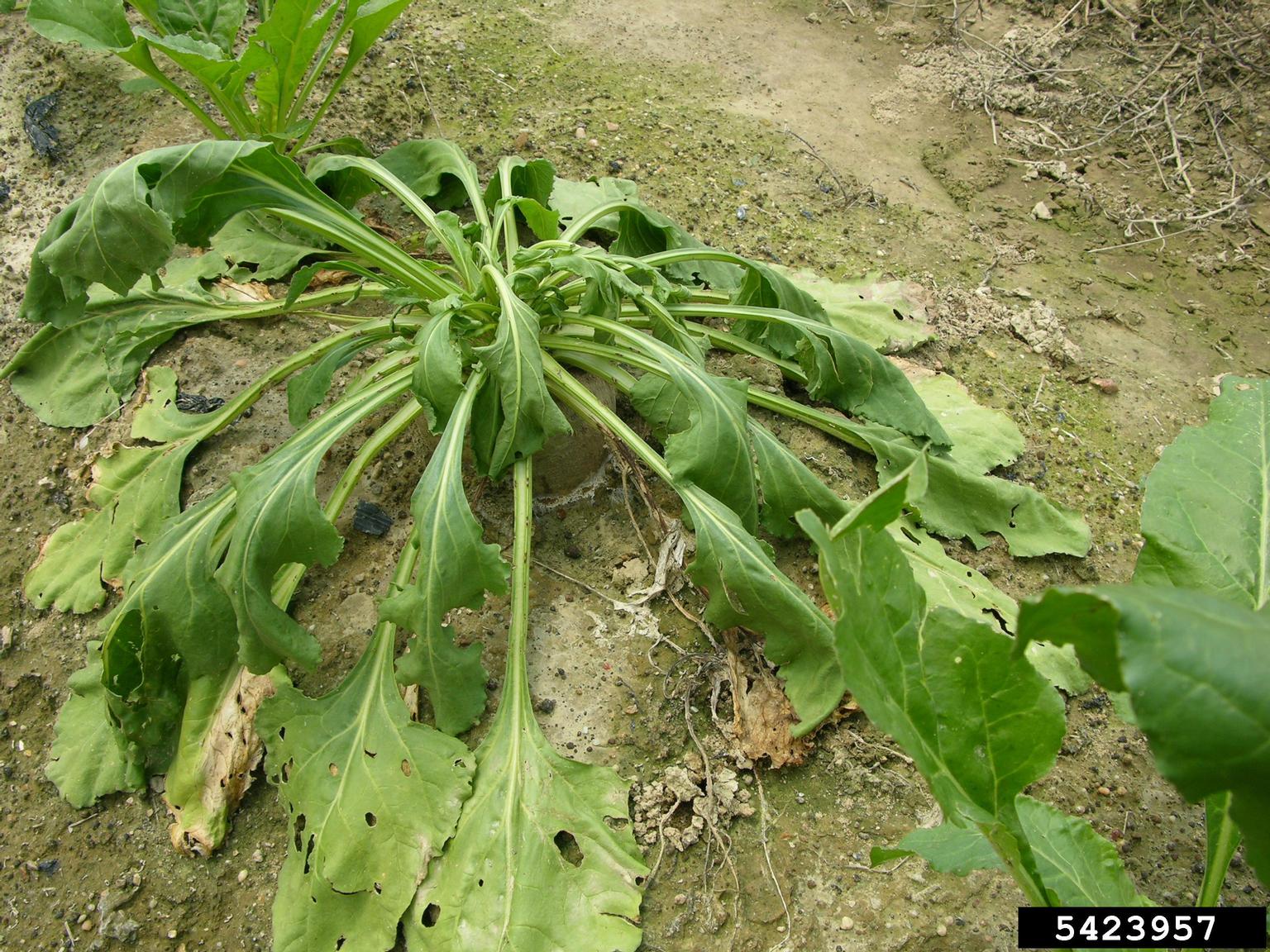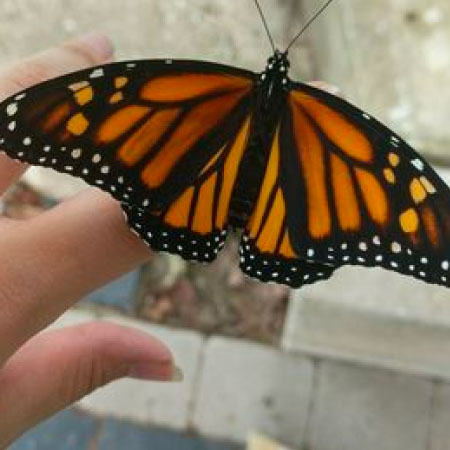
Darcy Larum
Latest articles by Darcy Larum
-
What Is Hellebore Black Death: Recognizing Black Death Of Hellebores
Black Death of hellebores is a serious disease that may be mistaken with other less serious or treatable conditions. In this article, we will answer the questions: what is hellebore Black Death, what are its signs and symptoms, and what is the treatment, if any?
By Darcy Larum
-
Caulotops Barberi Pests: Learn About Agave Plant Bug Control
While generally a low maintenance, easy-to-grow plant, agave can be susceptible to pest problems. If you have noticed bugs eating agave plants in your landscape, click here to learn more about controlling agave plant bugs in the garden.
By Darcy Larum
-
Cherry Witches’ Broom Info: What Causes Witches’ Broom Of Cherry Trees
Witches? broom is a common affliction of many trees and shrubs. It can be caused by several different vectors. In this article, we will specifically discuss the causes and symptoms of witches? broom on a cherry tree. Click here for more information on cherry witches? broom.
By Darcy Larum
-
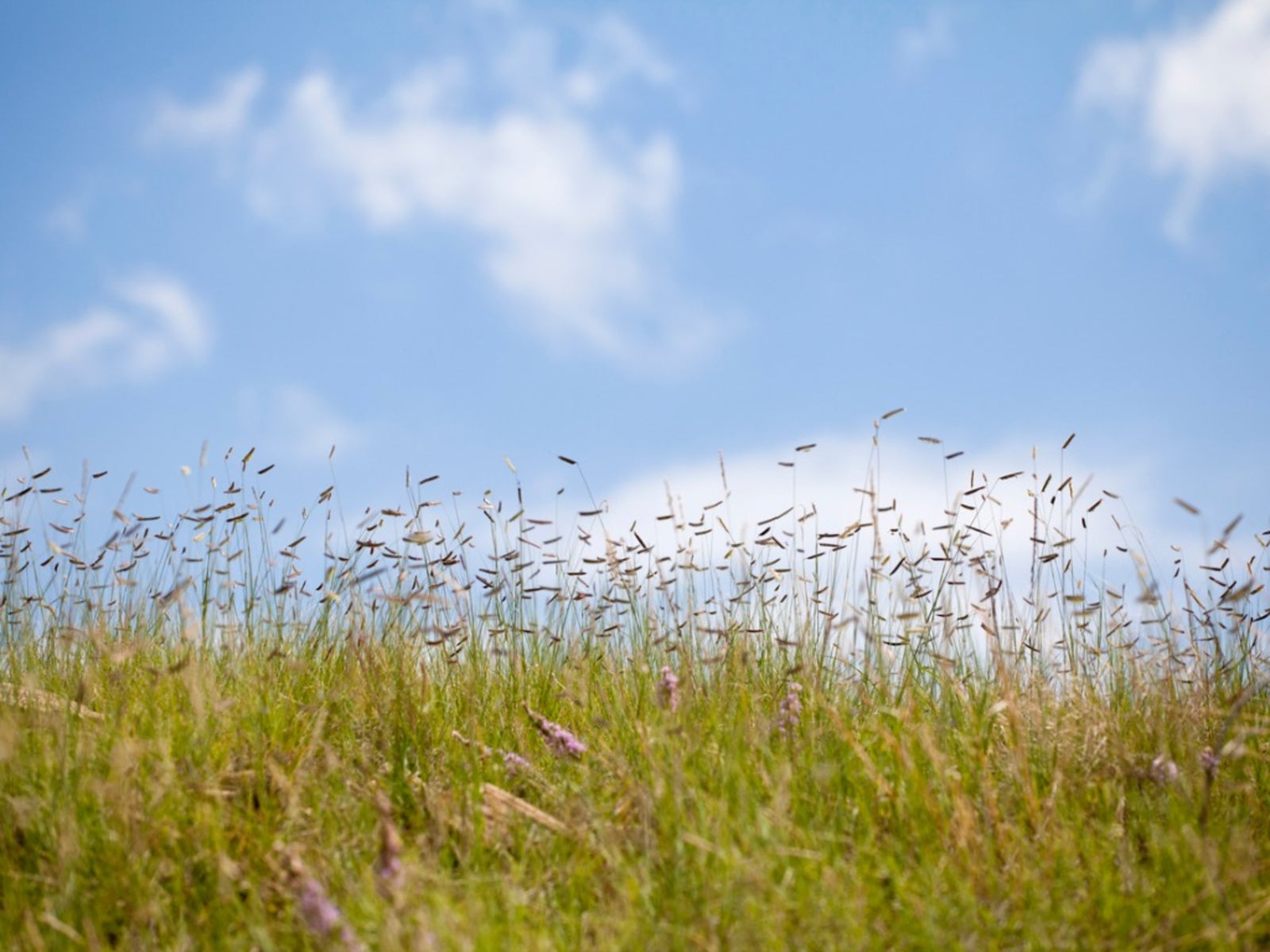
Habiturf Lawn Care: How To Create A Native Habiturf Lawn
Many of us still traditional lawns that require frequent mowing, watering and chemical applications. Imagine how much healthier our planet would be if we all, or even just half of us, adopted a different, more earth-friendly concept such as a habiturf lawn. Learn more here.
By Darcy Larum
-
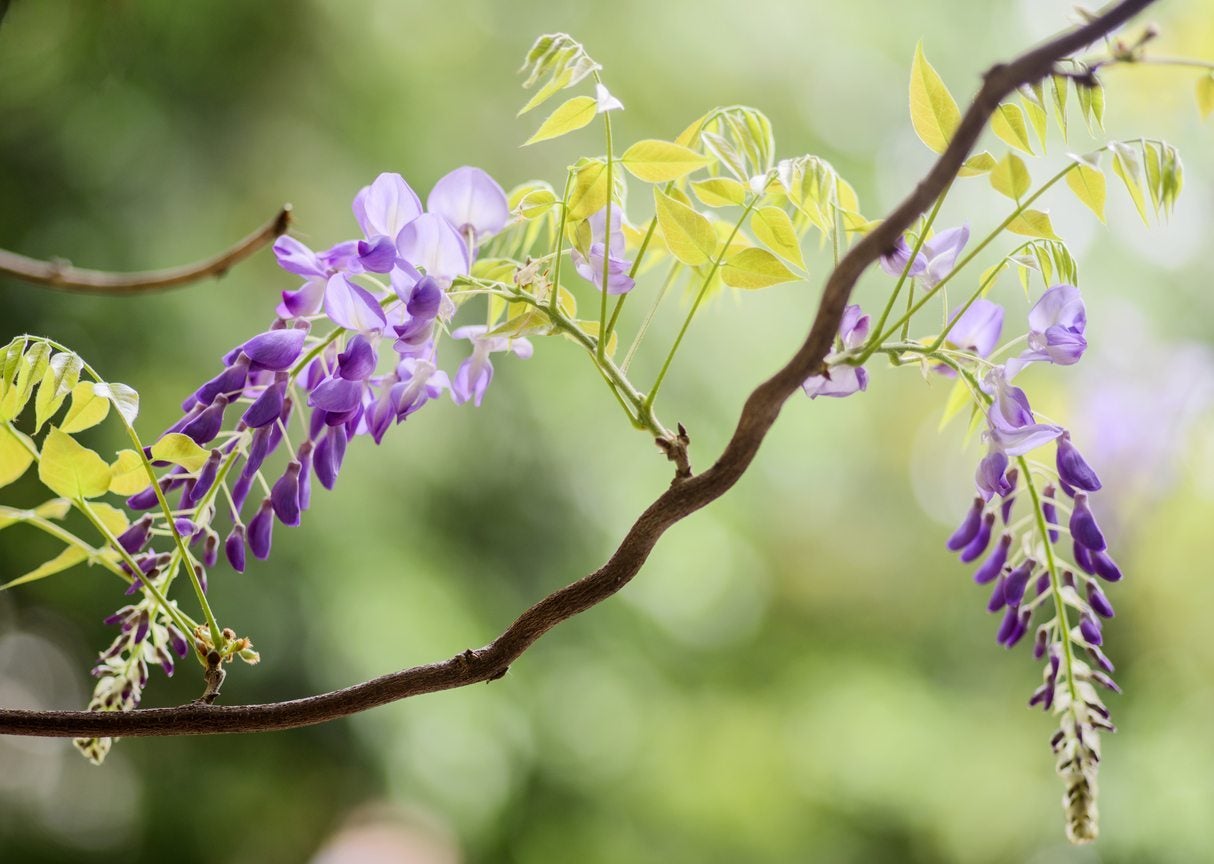
Zone 8 Vertical Gardens: Choosing Climbing Vines For Zone 8
Vertical gardening is a way for people with small yards to make the most of the space they have available. It's also used to create privacy, shade, and noise and wind buffers. Learn about climbing vines for zone 8 and tips on growing vertical gardens in zone 8 here.
By Darcy Larum
-
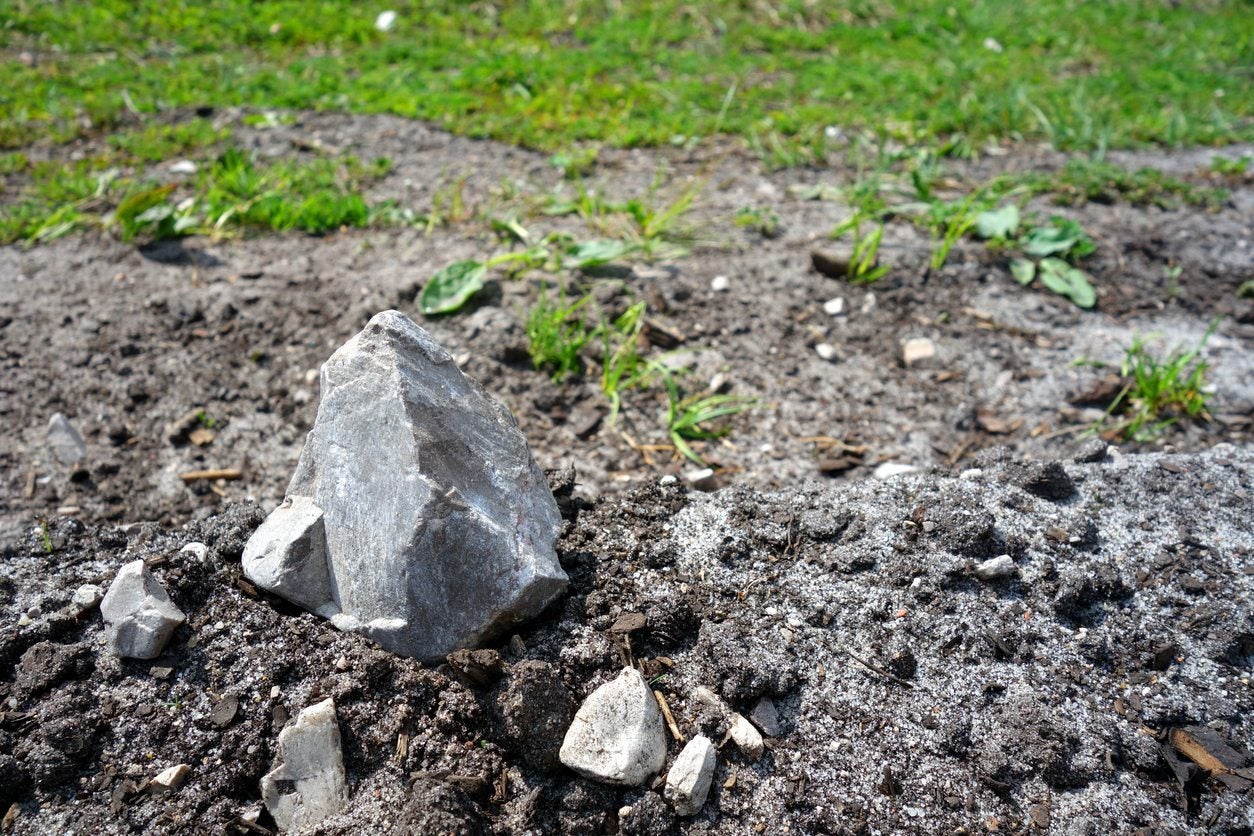
Rocks In The Garden: How To Work With Rocky Soil
As you're digging a garden, you hear a clang as it hits rock. Poking and prodding inside the hole, you discover more clangs and more rocks. If this scenario seems all too familiar, then you have rocky soil. For tips on how to work this soil type, click here.
By Darcy Larum
-
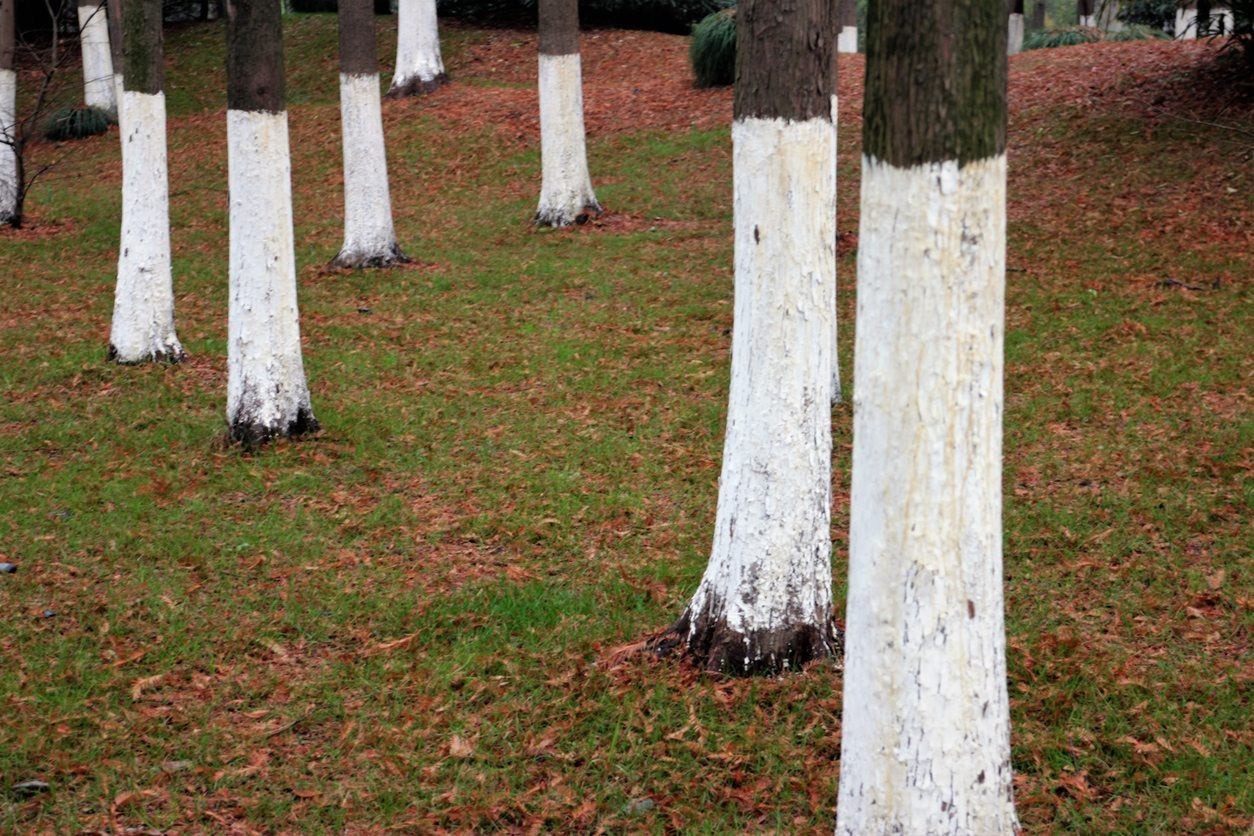
Using Lime Sulfur In Gardens: When And How To Use Lime Sulfur
As gardeners, we can choose to spend a fortune on different chemicals that can have residual effects or we can use a natural-based product that has been used by growers and breeders for hundreds of years. Learn about using lime sulfur in gardens here.
By Darcy Larum
-
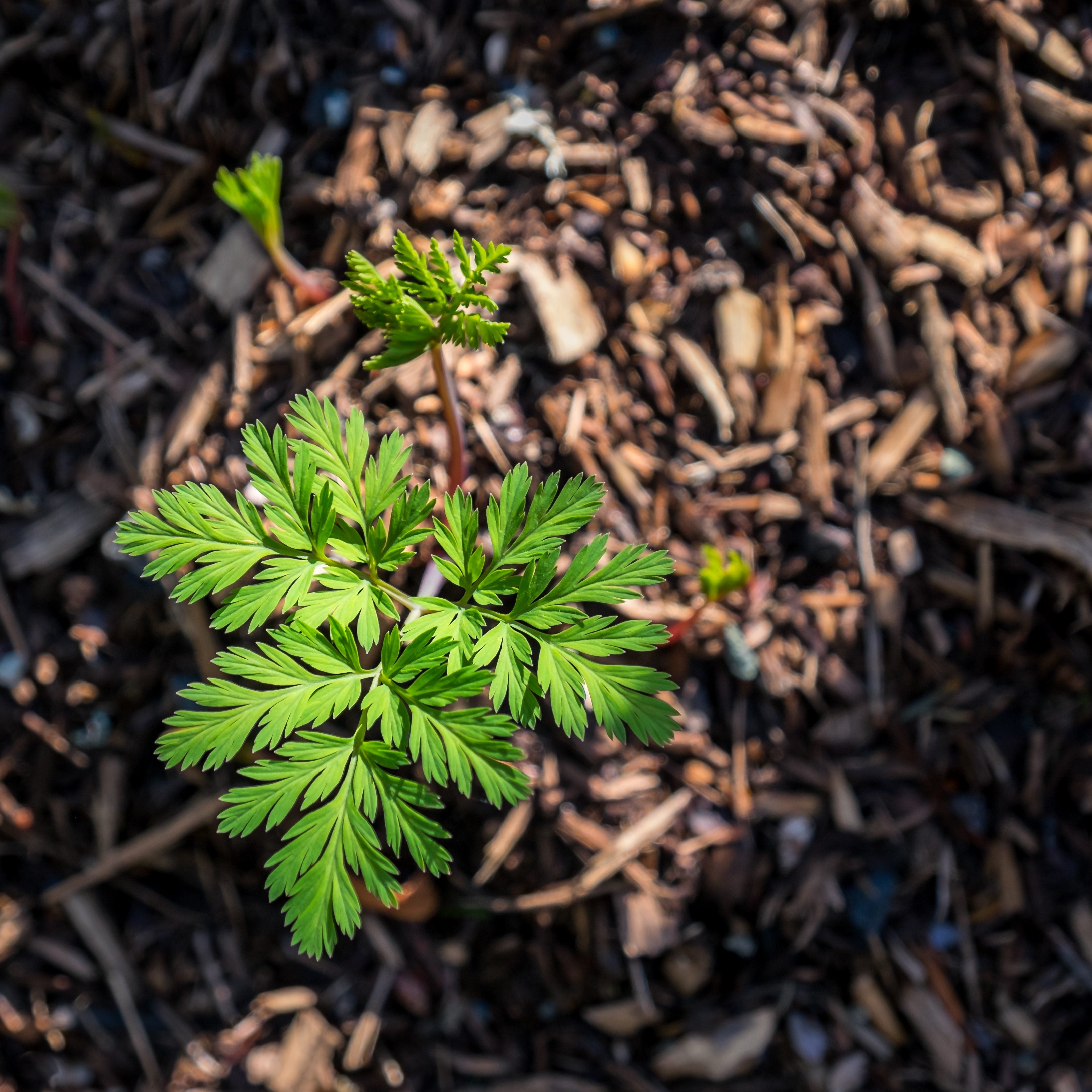
Dormant Bleeding Heart Plants – How To Plant A Bare Root Bleeding Heart
Gardeners who are used to purchasing growing plants at nurseries or garden centers might get quite a shock when the bleeding heart plant they ordered online arrives as a bare root plant. Learn how to plant a bare root bleeding heart in this article.
By Darcy Larum
-
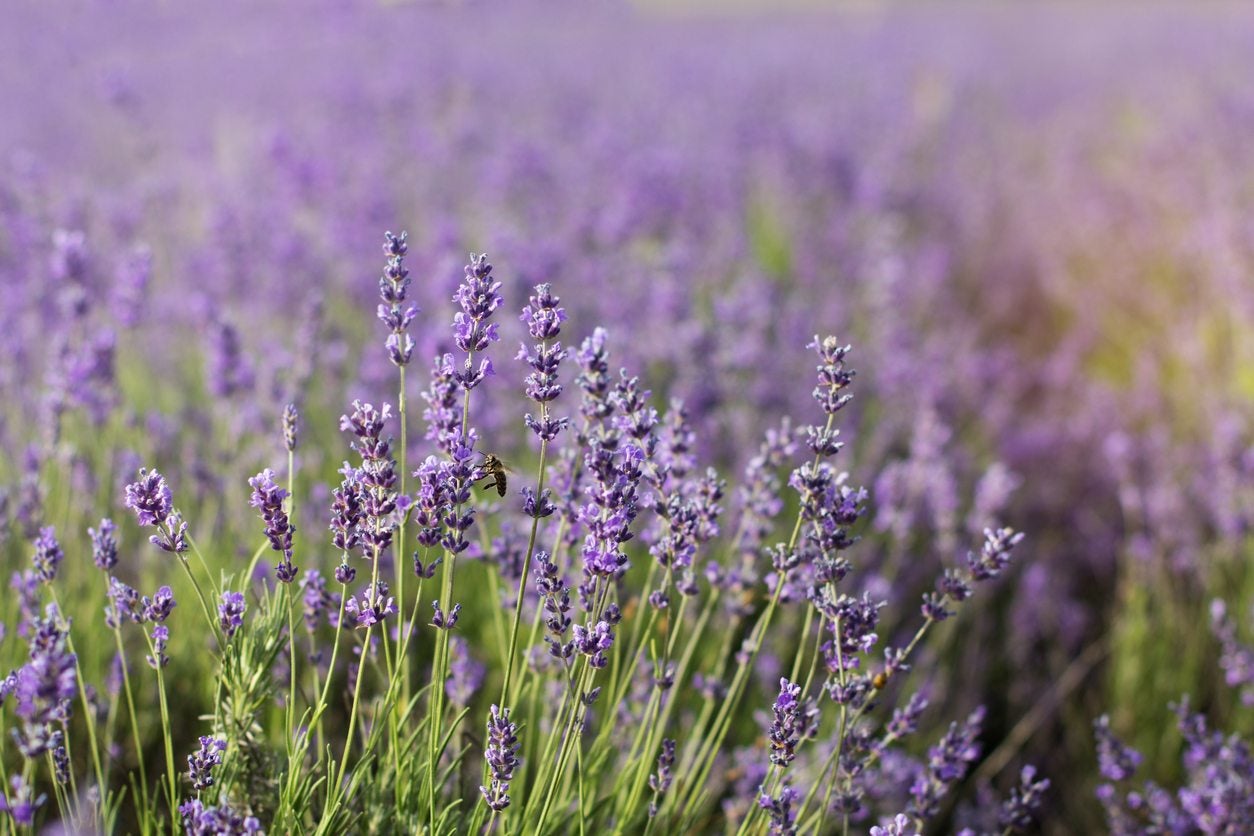
Zone 8 Lavender Plants: Is Lavender Hardy To Zone 8
Lavender plants, especially when grouped together, are reminiscent of a quaint, peaceful English countryside. With careful selection, gardeners from zones 4 through 10 can enjoy the charm of these plants. This article will discuss lavender plants for zone 8.
By Darcy Larum
-
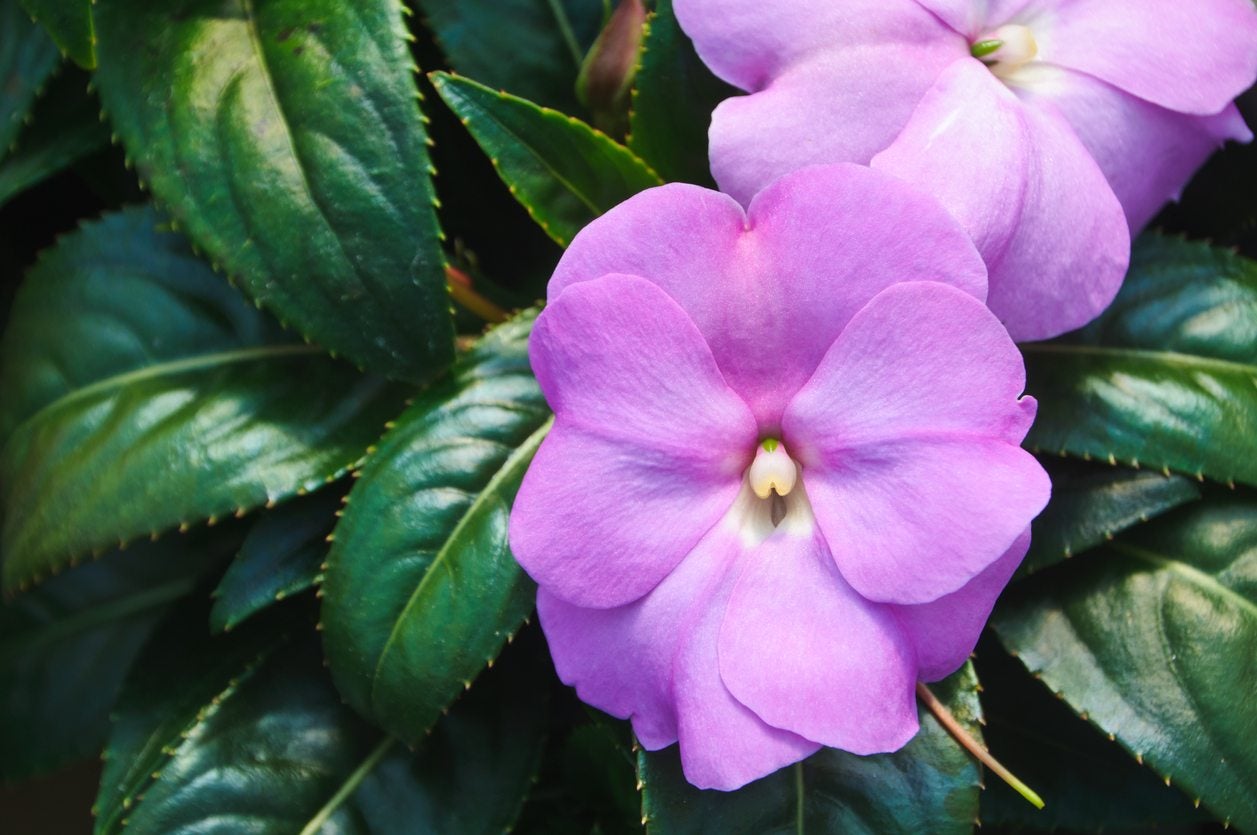
Seed Propagating New Guinea Impatiens – Can You Grow New Guinea Impatiens From Seeds
One annual favorite that can be quite pricey because of its bright flowers and variegated foliage is New Guinea impatiens. No doubt many of us have considered growing these higher-priced plants by seed. Can you grow New Guinea impatiens from seed? Find out here.
By Darcy Larum
-
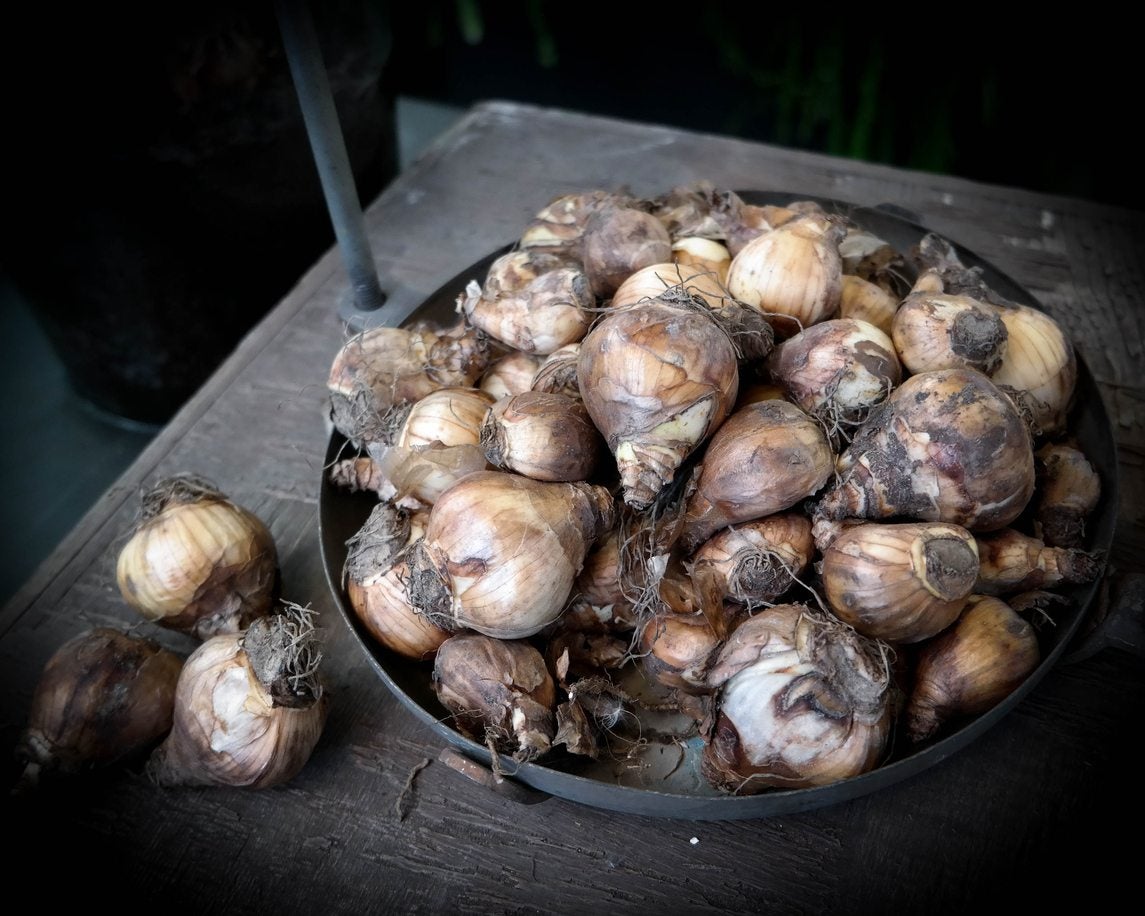
Planting Time For Zone 8 Bulbs: When Do I Plant Zone 8 Bulbs
While gardeners in cooler, northern climates may take spring bulbs for granted, in hot, southern climates, gardeners can only enjoy some of them as annuals and container grown plants. Click this article to learn about growing bulbs in zone 8.
By Darcy Larum
-
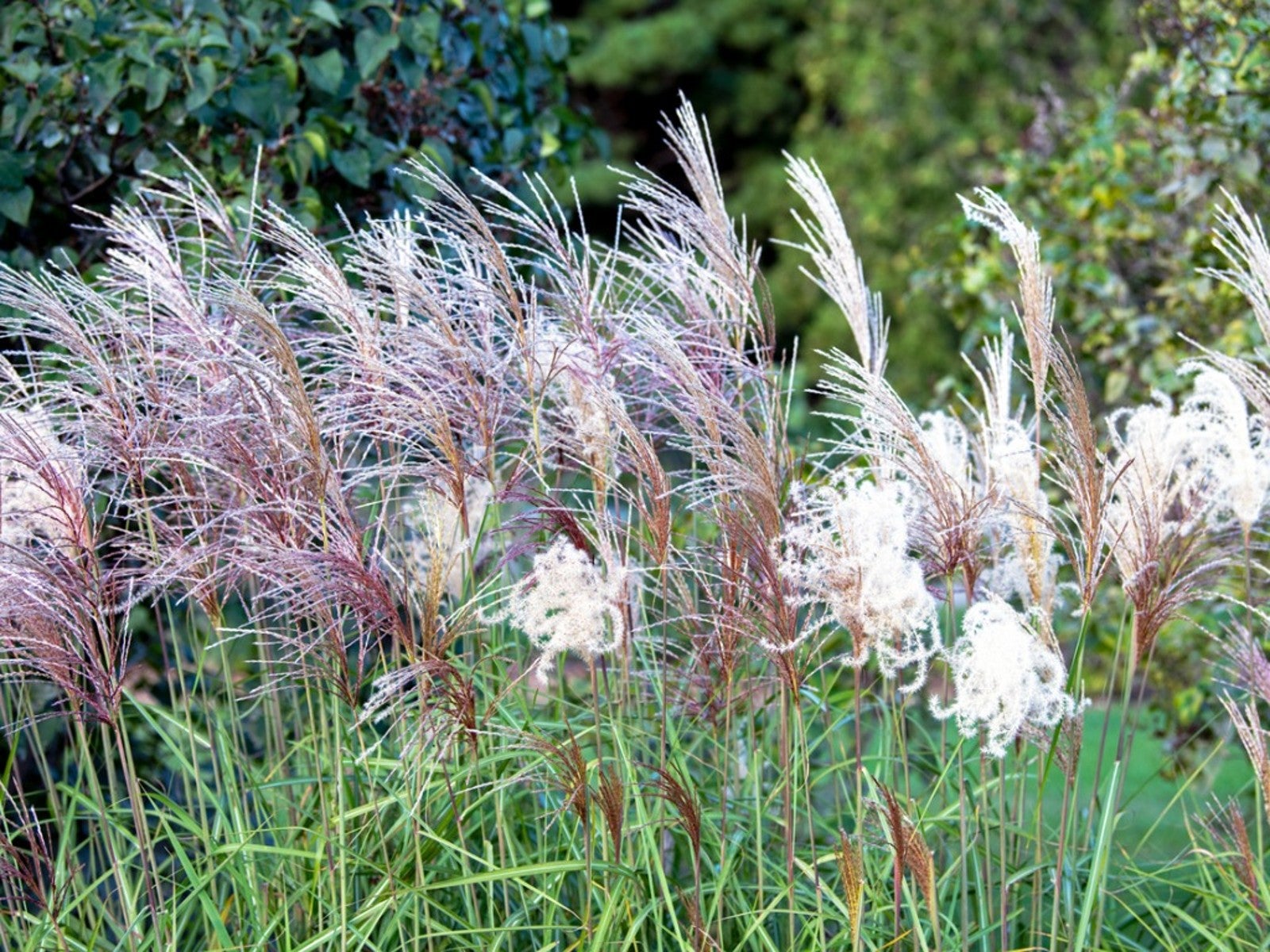
Zone 6 Ornamental Grass – Growing Ornamental Grasses In Zone 6 Gardens
In U.S. hardiness zone 6, hardy ornamental grasses can add winter interest to the garden from their blades and seed heads sticking up through mounds of snow. Click the article that follows to learn more about choosing ornamental grasses for zone 6 landscapes.
By Darcy Larum
-

Rosemary Plants For Zone 7: Choosing Hardy Rosemary Plants For The Garden
While a few varieties of rosemary plants are labeled as hardy down to zone 7, the growth of these plants will be nothing like the dense full growth of rosemary plants in warmer climates. Click this article to learn more about growing rosemary in zone 7.
By Darcy Larum
-
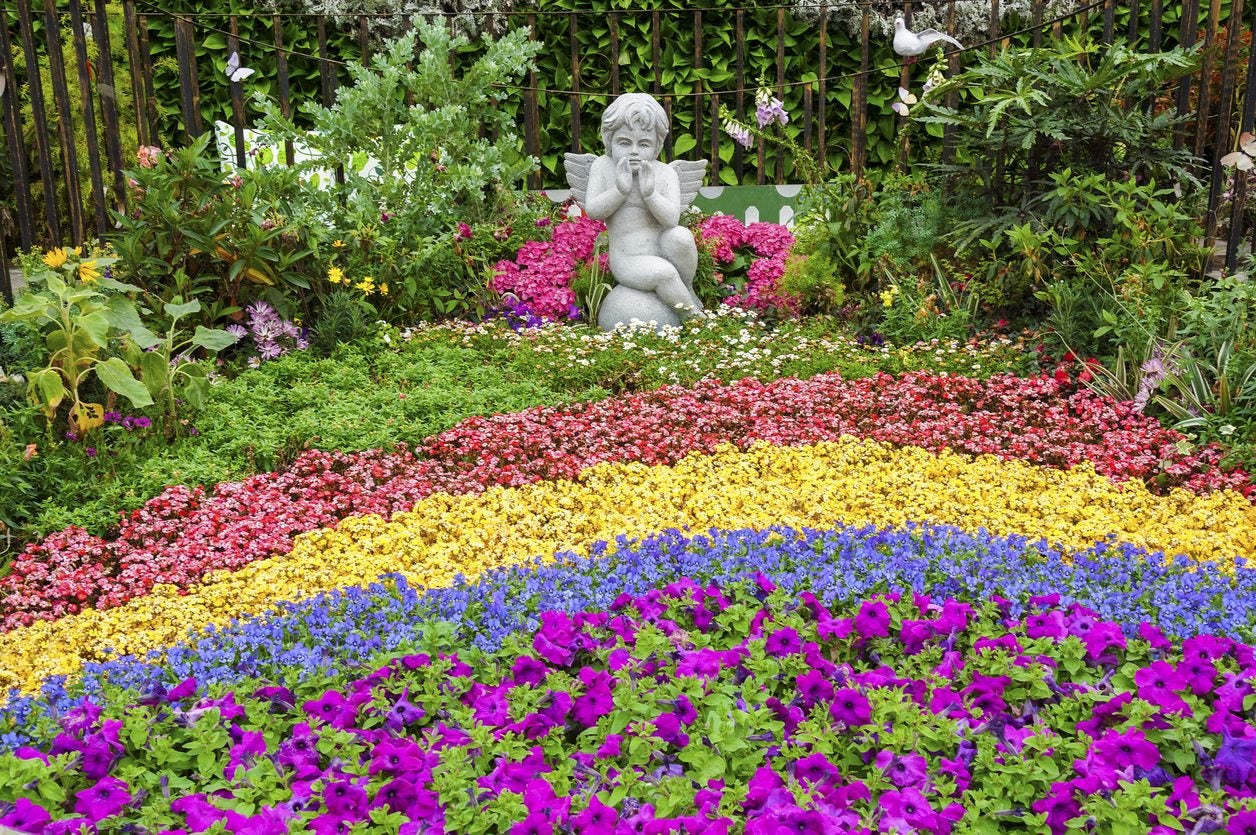
What Is Color Blocking: Tips On Color Blocking With Plants
The problem with adding too many bright plants is that it can quickly turn from "eye-catching" to "eyesore" as they clash and become uncomplimentary. To avoid this, you can use color blocking in the garden. What is color blocking? Click here for the answer.
By Darcy Larum
-

Digging Fork Functions: What Is A Digging Fork Used For In Gardens
Have you ever tried to dig into rocky or extremely compacted, clay soil with a garden spade? It can be back-breaking work. Using a digging fork for a job like this can reduce the strain on your body and tools. Click here to learn when to use digging forks in garden projects.
By Darcy Larum
-
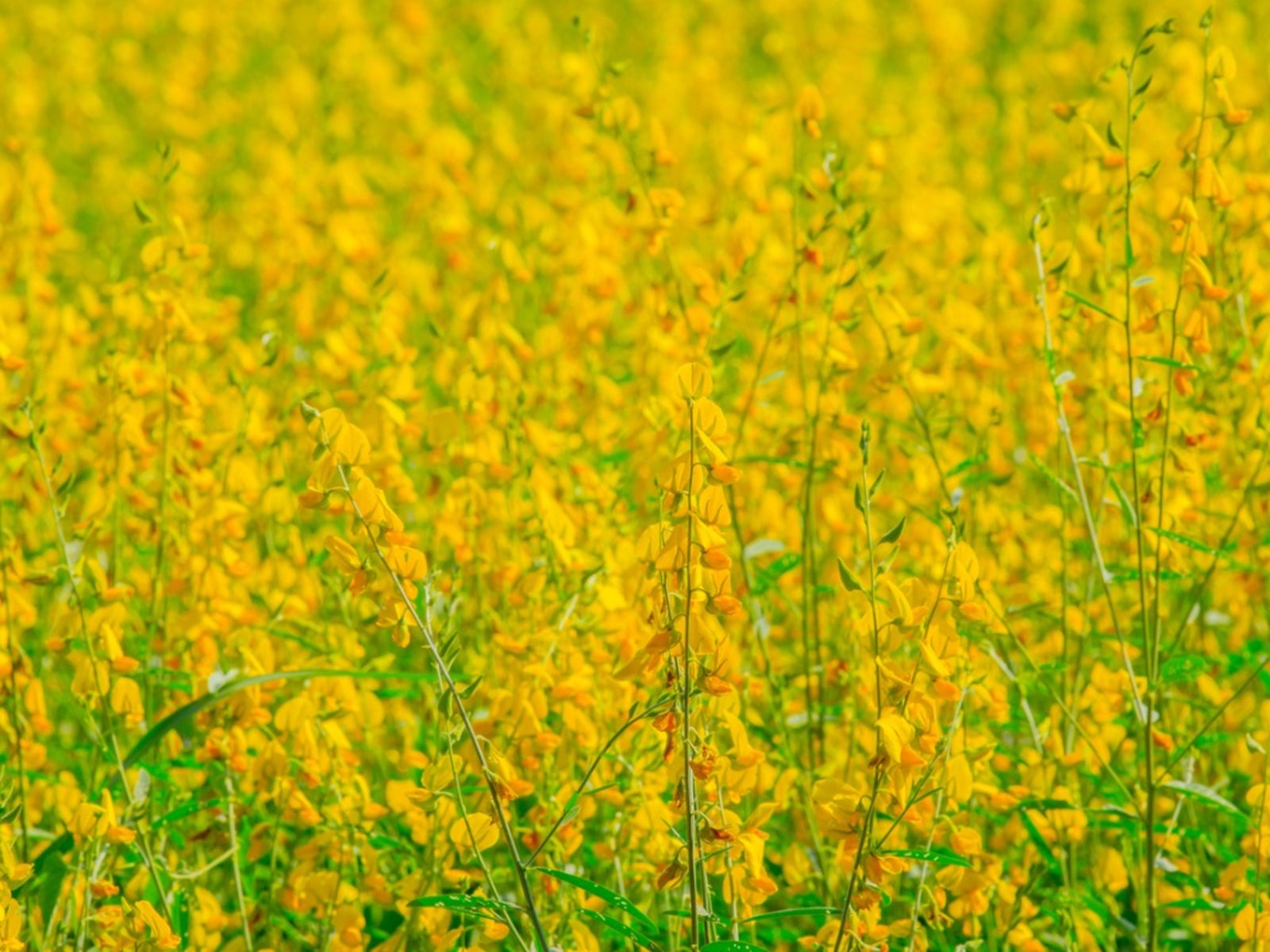
Showy Rattlebox Control: Managing Showy Crotalaria In Landscapes
People make mistakes. Unfortunately, some of these mistakes can harm animals, plants, and our environment. One example is the introduction of non-native, invasive plants like the showy crotalaria. What is showy crotalaria? Click here for the answer.
By Darcy Larum
-
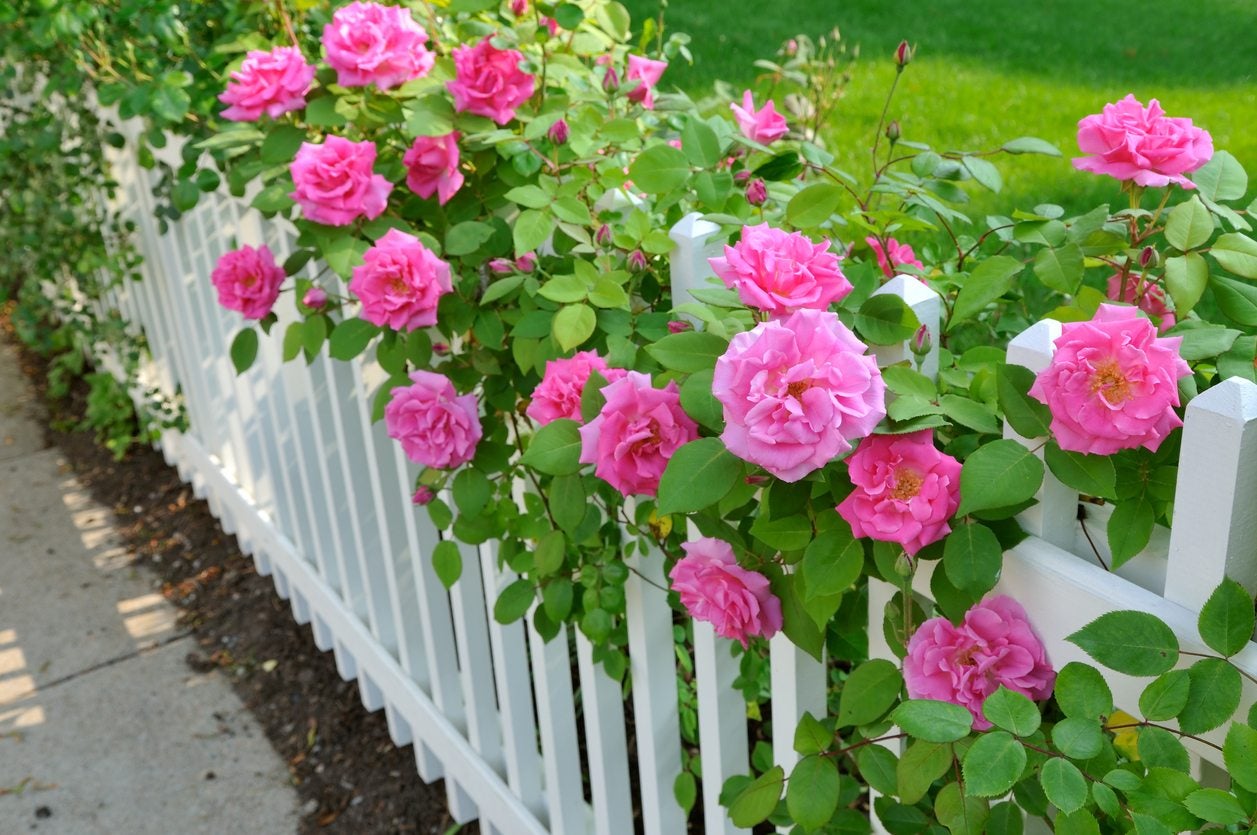
Zone 7 Rose Varieties – Tips On Growing Roses In Zone 7 Gardens
In regards to finding hardy roses for zone 7, it's better to select roses based on their cold hardiness and provide them with some dappled shade during hot summer afternoons. Click here for more information on zone 7 rose varieties and tips on growing roses in zone 7.
By Darcy Larum
-

Choosing Garden Gloves: Selecting The Best Gloves For Gardening
By Darcy Larum
